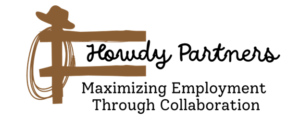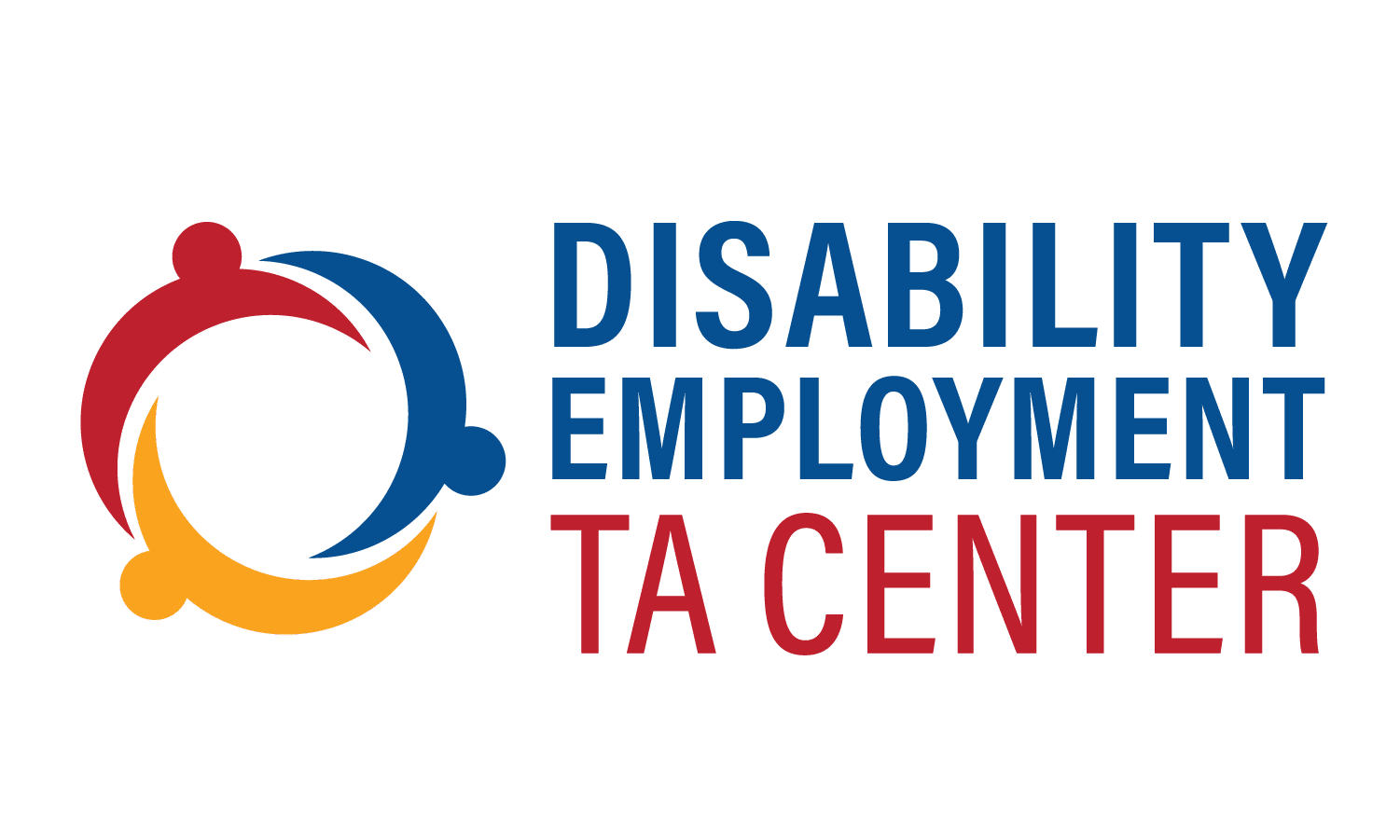
Howdy Partners: Maximizing Employment for People with Brain Injury Through Collaboration
Open to ALL AoD Grantees
Co-Facilitators: Maria Crowley and Jill Ferrington
AoD grantees provide an array of unique and beneficial services and supports to promote success in employment for all people with disabilities. Fully engaging partners across all systems means working smarter in order to achieve successful employment outcomes for individuals with brain injury. Guiding TBI Grantees on gaining an understanding of other systems, how to form partnerships, how to leverage funding, and how to collaborate with other DETAC grantees will promote success. Best practices from states will be featured throughout the series.
Subject Matter Experts from the programs below will partner with state TBI Directors to describe their partnerships and activities, initiatives and projects and provide examples of how outcomes are improved across systems. Each of the four sessions will include a pre- and post- assessment of level of knowledge and lessons learned. Attendees will take strategies to employ back to their states across each of the programs.
SPACE IS LIMITED, SO APPLY NOW at:
https://forms.gle/uJEujuVv7QFV5esy9
APPLICATIONS DUE July 1, 2023
LAUNCH MEETING: July 20, 2023 1:30-2:45/EST
Session Structure
Virtual Classes: 4 sessions
Dates: Weekly from Thursday, July 20th through Thursday, August 17th, 2023 (no session August 10th)
Co-Facilitators: Maria Crowley and Jill Ferrington
Session Links: Zoom Meeting links will be provided once grantees have been accepted into the e-Learning Community (accommodations provided based upon request). The links will be sent from the DETACs Gmail Account, AoDEmploymentTA@Gmail.com.
Topics Include:
- An overview of ACL-funded programs and their program-eligible participants, goals, projects, and priorities.
- Illustrations of how individuals with brain injury are directly or indirectly assisted by ACL programs to lead lives of their choice in their communities and workplaces.
- Brain injury basics for program partners who join with the TBI Grantee peers.
- Rationale as well as strategies for strengthening ACL partner communication and collaboration.
- Innovations and initiatives that may allow states to enhance services and/or access new funding.
- Capacity building within each program for reaching and meeting the employment needs of people with brain injury.
About the Facilitators/Instructors:
Maria Crowley serves as the Director of Professional Development for the National Association of State Head Injury Administrators (NASHIA), and as a primary consultant for the TBI Technical Assistance and Resource Center, funded by ACL, supporting State TBI grantees and other stakeholders. Maria started working in the rehabilitation field as a job coach, then as a Business Relations Consultant with ADRS, facilitating the job placement of individuals with a wide variety of disabilities and providing customized employment training and consult for businesses statewide. She has specifically focused on brain injury since 2000 to help individuals in home, community, and employment. She has led a number of initiatives and provided technical assistance related to behavioral health, juvenile justice, advocacy, concussion management, intimate partner violence, employment, trust funds, advisory boards, service coordination and trauma/ surveillance registries within business, state government, nonprofits and partner organizations.
Jill Ferrington brings a 27-year history working on disability initiatives and grants in the areas of brain injury, competitive integrated employment (including self-employment) for people with disabilities, Home and Community-Based Services, and Medicaid Buy-In. Jill currently serves as a project manager for NASHIA’s Leading Practices Academy on Criminal and Juvenile Justice aimed at implementation of brain injury identification and support approaches within adult and youth settings. In addition to training and resource development on a variety of brain injury topics, she supports states in their efforts to prioritize needs and engage stakeholders in the development of actionable State Plans, conceptualize and plan tailored resource facilitation and peer support models, and enhance or expand service delivery for people with brain injury.

